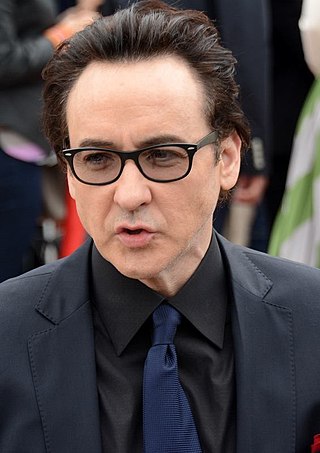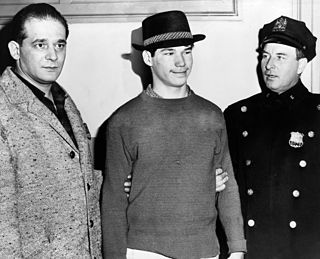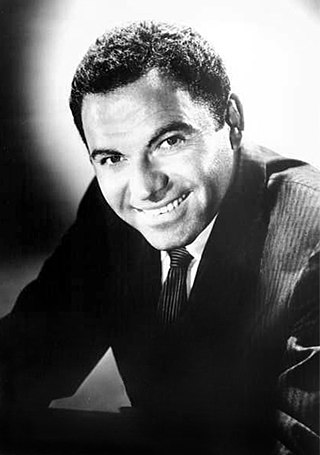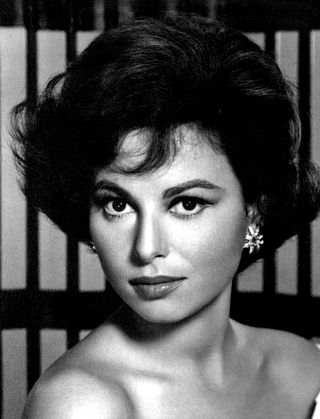
Abba Solomon Meir Eban was a South African-born Israeli diplomat and politician, and a scholar of the Arabic and Hebrew languages.

John Paul Cusack is an American actor. He began acting in films during the 1980s, starring in coming-of-age dramedies such as Sixteen Candles (1984), Better Off Dead (1985), The Sure Thing (1985), Stand by Me (1986), and Say Anything... (1989). In the 1990s, he then started appearing in independent films and had leading men roles in Bullets Over Broadway (1994), Con Air (1997), Grosse Pointe Blank (1997), Anastasia (1997), The Thin Red Line (1998), Being John Malkovich (1999), High Fidelity (2000), America's Sweethearts (2001), Max (2002), and Runaway Jury (2003).

Ephraim Kishon was a Hungarian-born Israeli author, dramatist, screenwriter, and Oscar-nominated film director. He was one of the most widely read contemporary satirists in Israel, and was also particularly popular in German-speaking countries.

Ben-Hur is a 1959 American religious epic film directed by William Wyler, produced by Sam Zimbalist, and starring Charlton Heston as the title character. A remake of the 1925 silent film with a similar title, it was adapted from Lew Wallace's 1880 novel Ben-Hur: A Tale of the Christ. The screenplay is credited to Karl Tunberg, but includes contributions from Maxwell Anderson, S. N. Behrman, Gore Vidal, and Christopher Fry. The cast also features Stephen Boyd, Jack Hawkins, Haya Harareet, Hugh Griffith, Martha Scott, Cathy O'Donnell, and Sam Jaffe.

Mau Maus was the name of a 1950s street gang in New York City. The book and the adapted film The Cross and the Switchblade and biography Run Baby Run document the life of its most famous leader Nicky Cruz. Their name was derived from the Mau Mau Uprising in Kenya.
Efim Drabkin, better known by his pen name Efraim Sevela was a Soviet writer, screenwriter, director, producer, who after his emigration from the Soviet Union lived in Israel, US and Russia.

Nehemiah Persoff was an American actor and painter. He appeared in more than 200 television series, films, and theatre productions, and also performed as a voice artist in a career spanning 55 years.

Middle Eastern cinema collectively refers to the film industries of West Asia and part of North Africa. By definition, it encompasses the film industries of Egypt, Iran, Bahrain, Iraq, Jordan, Kuwait, Lebanon, Palestine, Oman, Qatar, Saudi Arabia, Syria, United Arab Emirates, and Yemen. As such, the film industries of these countries are also part of the cinema of Asia, or in the case of Egypt, Africa.

David Abraham Cheulkar, popularly known as David, was an Indian Hindi film actor. In a career spanning four decades, he played mostly character roles, starting with the 1941 film Naya Sansar, and went on to act in over 110 films, including memorable films such as Gol Maal (1979), Baton Baton Mein (1979) and Boot Polish (1954), for which he was awarded the 1955 Filmfare Best Supporting Actor Award.

Haya Harareet was an Israeli actress and screenwriter. One of her major film roles was playing Esther, Ben Hur's love interest in the 1959 Hollywood-made film Ben-Hur.
This is chronological list of films produced in Israel split by decade. There may be an overlap between Israeli and foreign films which are sometimes co-produced; nevertheless, the lists should attempt to document mainly the Israeli produced films or the films which are strongly associated with the Israeli culture.

Solomon and Sheba is a 1959 American epic historical romance film directed by King Vidor, shot in Technirama, and distributed by United Artists. The film dramatizes events described in The Bible—the tenth chapter of First Kings and the ninth chapter of Second Chronicles.

Cinema of Israel refers to film production in Israel since its founding in 1948. Most Israeli films are produced in Hebrew, but there are productions in other languages such as Arabic and English. Israel has been nominated for more Academy Awards for Best Foreign Language Film than any other country in the Middle East.
Tuncel Tayanç Kurtiz was a Turkish theatre, movie and TV series actor, playwright, and film director. Since 1964, he acted in more than 70 movies, including many international productions.
Sagar Sangamey is a 1959 Bengali film directed by Debaki Bose. The film won the National Award for the Best Film and the Best Child Actress in 1959. The award was presented by the first President of India – Dr Rajendra Prasad and the then Prime Minister Jawaharlal Nehru. It was screened at the 9th Berlin International Film Festival.
Events in the year 1959 in Israel.

The Spy is a French English-language espionage television miniseries, created and directed by Gideon Raff, based on the life of Israel's top Mossad spy Eli Cohen, who is portrayed by Sacha Baron Cohen. The series is a production by French company Légende Entreprises for Canal+ and Netflix. OCS is airing the show in France and Netflix is streaming the show internationally outside France. The six-episode miniseries, released on September 6, 2019, on Netflix, was inspired by real-life events. It is based on the book L'espion qui venait d'Israël, written by Uri Dan and Yeshayahu Ben Porat.












